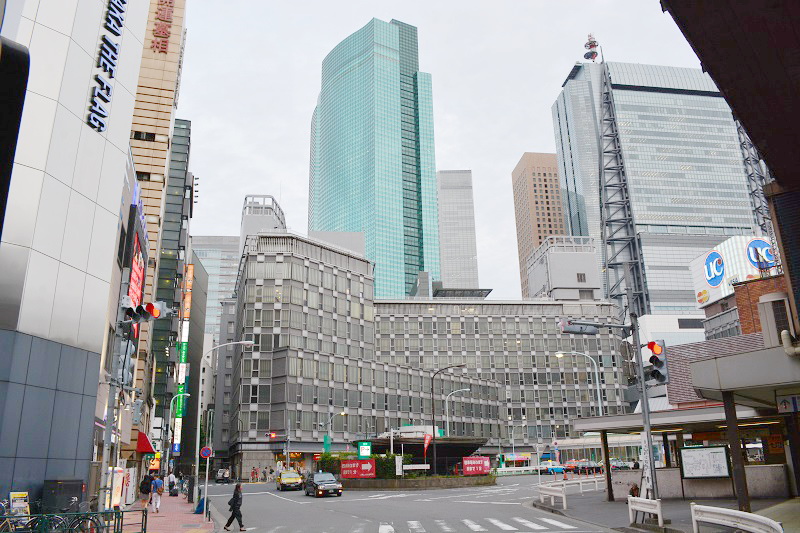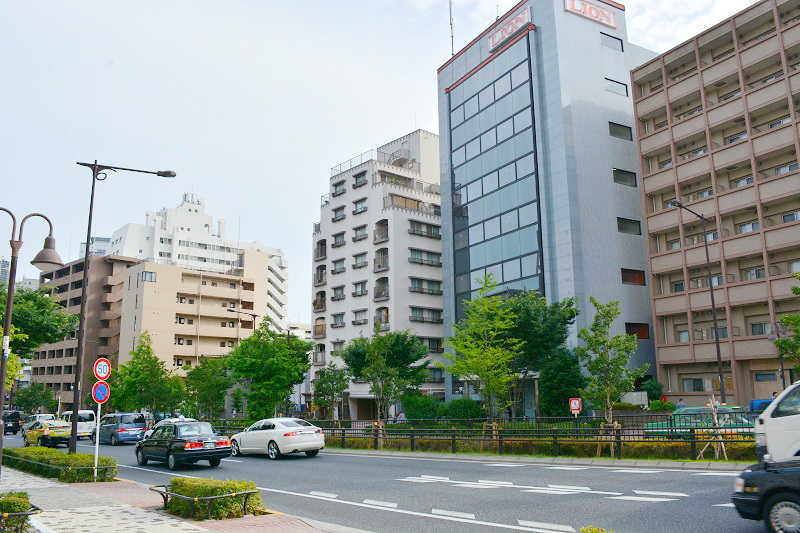Car return
Be sure to fill the fuel tank before returning the car to the rental company, or you will have to pay extra for the missing gasoline. Some rental companies require a receipt as proof that you filled the tank.
Most rentals are located near a gas station or can give directions on where to find the nearest one if needed. If you use a full service gas station, ask for “mantan” which means “full tank”.
Japanese speed pass.
A new initiative launched in 2017 allows visitors to Japan (on temporary, short-term temporary visitor visas up to 90 days) to get a tangible discount on toll roads when traveling by car.
Like the JR Rail Pass, users can travel on certain routes for a fixed fee for a set period of time. Also, like the JR Rail Pass, there are regional travel options as well as a basic nationwide one. Please note that you will need to have an ETC device in your vehicle (see information above) for the service to work. Passes can be bought at car rentals.

For more information and restrictions, please visit the Central Nippon Expressway website.
Safe driving: rules and regulations
Keep in mind that traffic rules may differ from your home country. Many of them are simple and logical, such as turning on your turn signal before changing lanes and driving carefully. Others are obvious, like driving on the left.
However, there are some points that can easily lead to trouble:
There is no left (or right) red color. Red light is red light.
At a four-way intersection, the vehicle on the left has priority right of way.
Japanese drivers often don’t stop when the traffic light turns amber, and many of them will still pass the intersection during the first few seconds of the red light. Use your common sense to judge whether or not you should ride with the general traffic to avoid crowding at traffic lights.
Japan has a zero tolerance policy for drunk driving. Although the law states that up to 0.03 BAC (blood alcohol level) is allowed. In addition, passengers can share the blame for the violation, as they are responsible for allowing a drunk driver to drive.
You can be fined if you are caught talking on your cell phone while driving.

What to do, who to contact in case of an emergency while driving in Japan?
Even the best drivers can get into an accident, and this happens especially when you are traveling in unfamiliar places. Get ready for this:
In case of injury, call 119 (emergency medical services, ambulance or fire department). If you can, offer help to the injured party.
Call 110 (police). You must report the accident to the police. You must do this even if no one was hurt, as you need to provide a copy of the accident report to the rental company when you return your car.
Call the rental company. Most companies have a dedicated hotline for emergencies and accidents. They will provide support and advice for such situations.
If you don’t know how to drive a car, or you don’t have an international or Japanese driver’s license, then your best friend in Japan is a bicycle and city transport 🙂
